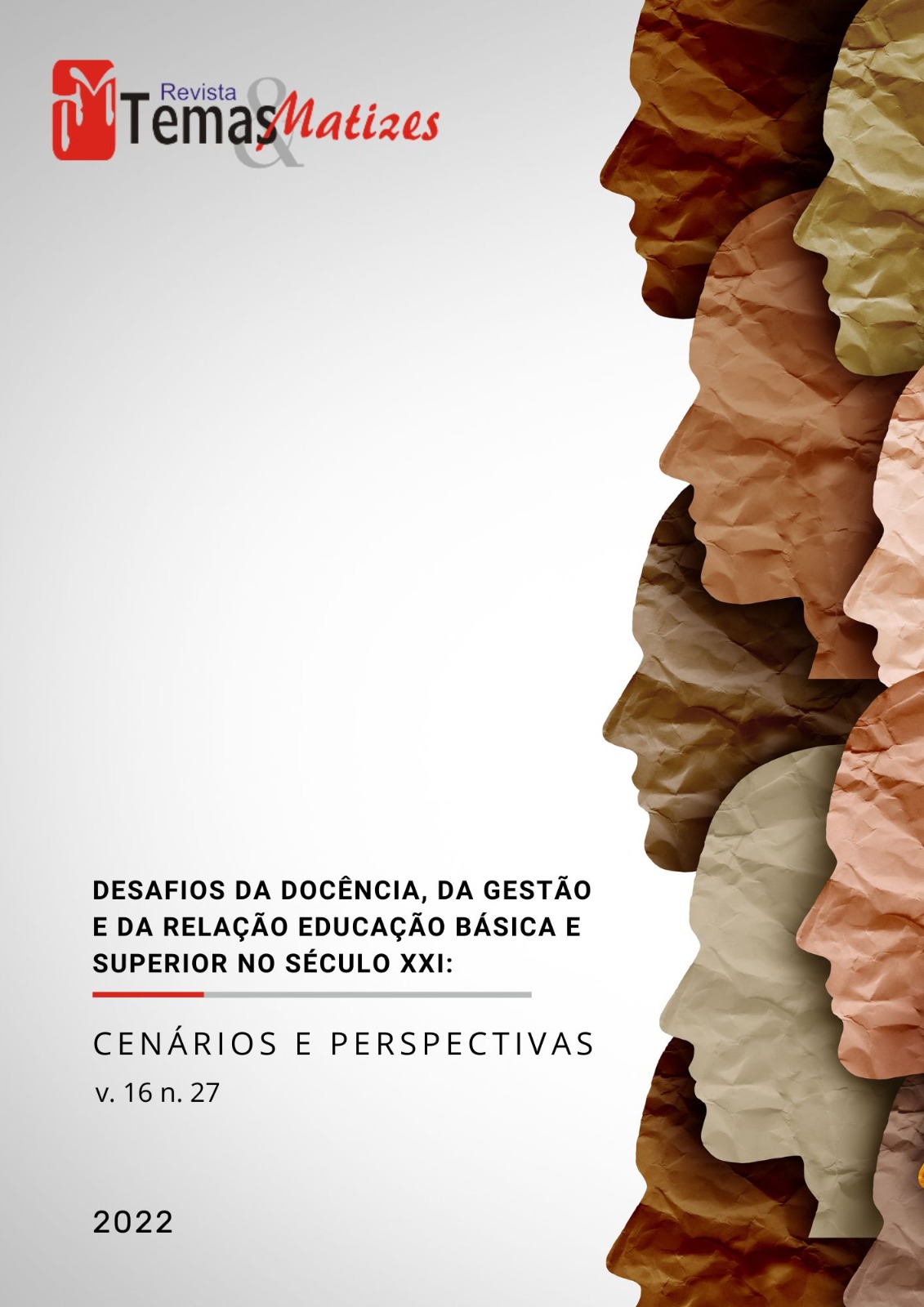Os impactos da Base Nacional Comum Curricular para o Ensino Médio
DOI:
https://doi.org/10.48075/rtm.v16i27.29235Resumo
Este estudo tem como objetivo analisar os impactos da Base Nacional Comum Curricular do Ensino Médio (2018) com o intuito de compreender as motivações governamentais e empresariais, em propor alterações no currículo e na formação do aluno, nesta etapa da escolarização. A opção metodológica para este estudo pautou-se em uma análise documental exploratória, considerando as publicações oficiais referentes ao currículo da Educação Básica, mais especificamente ao Ensino Médio, utilizando os seguintes documentos oficiais, LDB (1996), PCN (2000), PCN+ (1999),DCN (2013), PNE (2014-2024), Lei 13.415 – Reforma do Ensino Médio (2017) e a BNCC (2018). Consideramos que a implantação de um documento curricular nacional orientador do sistema educacional incorpora, além das políticas públicas nacionais, as influências de organismos internacionais na formulação das propostas educacionais para o Brasil.Foram analisados os marcos legais, os fundamentos pedagógicos, os direitos de aprendizagem,os itinerários formativos da BNCC e a intervenção dos movimentos empresariais. A reforma da educação básica esta relacionada às reformas que flexibilizam a legislação brasileira sobre os direitos sociais, como a reforma trabalhista, a reforma da previdência, a terceirização e fazem parte do movimento da retirada do Estado dos setores sociais e da implantação de uma lógica privada na administração pública. O interesse capitalista permeia a reforma do Ensino Médio, que visa à formação técnica e a formação do aluno voltada para o mercado de trabalho, enquanto o que se idealiza seria a formação de um cidadão com autonomia para seguir seu projeto de vida.As principais considerações a que chegamos correspondem a uma proposta de BNCC voltada para uma educação conformadora, formadora de futuros estudantes que se ajustem ao mercado, tornando a educação de nível médio submissa à economia, e aos interesses do capital. Acreditamos também queas alterações na legislação educacional, possivelmente, não serão suficientes para a superação de problemas como a fragmentação do currículo, do processo de ensino e aprendizagem e o suprimento das demandas locais.
Downloads
Publicado
Como Citar
Edição
Seção
Licença

Este trabalho está licenciado sob uma licença Creative Commons Attribution-NonCommercial-ShareAlike 4.0 International License.
Aviso de Direito Autoral Creative Commons
Política para Periódicos de Acesso Livre
Autores que publicam nesta revista concordam com os seguintes termos:
1. Autores mantém os direitos autorais e concedem à revista o direito de primeira publicação, com o trabalho simultaneamente licenciado sob a Licença Creative Commons Attribution que permite o compartilhamento do trabalho com reconhecimento da autoria e publicação inicial nesta revista.2. Autores têm autorização para assumir contratos adicionais separadamente, para distribuição não-exclusiva da versão do trabalho publicada nesta revista (ex.: publicar em repositório institucional ou como capítulo de livro), com reconhecimento de autoria e publicação inicial nesta revista.
3. Autores têm permissão e são estimulados a publicar e distribuir seu trabalho online (ex.: em repositórios institucionais ou na sua página pessoal) a qualquer ponto antes ou durante o processo editorial, já que isso pode gerar alterações produtivas, bem como aumentar o impacto e a citação do trabalho publicado (Veja O Efeito do Acesso Livre).
Licença Creative Commons
Esta obra está licenciada com uma Licença Creative Commons Atribuição-NãoComercial-CompartilhaIgual 4.0 Internacional, o que permite compartilhar, copiar, distribuir, exibir, reproduzir, a totalidade ou partes desde que não tenha objetivo comercial e sejam citados os autores e a fonte.


